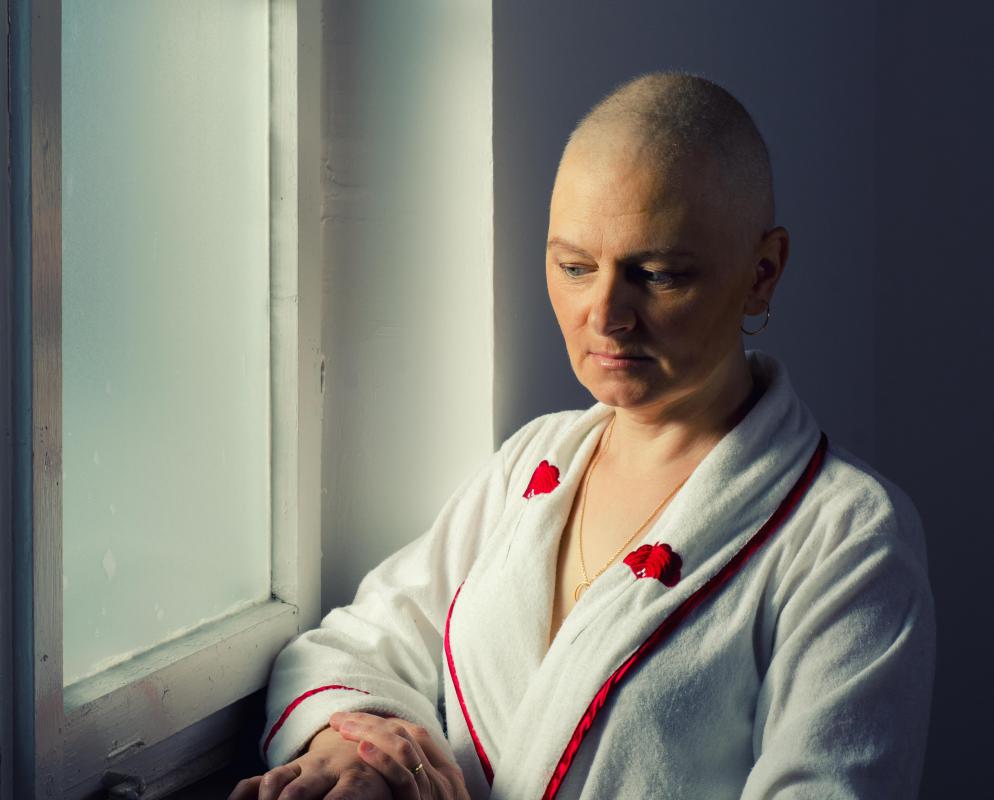At WiseGEEK, we're committed to delivering accurate, trustworthy information. Our expert-authored content is rigorously fact-checked and sourced from credible authorities. Discover how we uphold the highest standards in providing you with reliable knowledge.
Should I Drink Alcohol During Chemotherapy?
Although direct reactions are rare, it is generally not a good idea to drink alcohol during chemotherapy with any regularity. Very rarely, chemo drugs will have an adverse reaction, or drugs being taken with your treatment may cause reactions. People are also at a very high dehydration risk during treatment, and alcohol will only exacerbate the effects. Additionally, alcohol may increase gastrointestinal upset caused by chemotherapy, as it is a stomach irritant.
The main reason you should avoid alcohol during chemotherapy is because there may be potential drug interactions. Although it is unlikely that the drugs being used for your chemo would directly be affected by alcohol consumption, you are probably on additional medications to help with the symptoms of your treatment. These drugs may not work correctly when combined with alcohol, or serious adverse reactions may occur. If you are intent on drinking, make sure you check with your doctor to ensure that it is safe.

Alcohol during chemotherapy may also cause an increased risk of dehydration since alcohol is a diuretic. If you combine this with the diarrhea and vomiting often associated with chemotherapy treatments, the degree of fluid loss may reach dangerous levels. If you do choose to drink alcohol, make sure you have plenty of water to replenish any lost fluids. A good rule of thumb to go by is that for every glass of wine or beer or for each mixed drink, you should consume a glass of water.

Another danger of consuming alcohol during chemotherapy is that both the chemicals used in your treatment and alcoholic beverages are extremely hard on your liver. The liver is responsible for processing any toxins which enter your body, so overloading it with multiple toxic sources may cause permanent damage. For this reason, you should always drink in moderation. This is true even for those not taking medication, but especially for someone undergoing chemotherapy.

In some instances, small amounts of alcohol may be recommended by a doctor to stimulate your appetite. If you are having trouble eating and want to try this method, be sure to check with your doctor first. There may be other methods you can try if alcohol consumption could cause adverse reactions with your particular medication.
When consuming alcohol, it is important to avoid binge drinking and other irresponsible behaviors which could hinder your cancer treatment. Drink slowly and always eat something before you do to avoid becoming intoxicated. Alcohol should not be used as a form of self medication to overcome the stress of having a serious illness. Additionally, if you do become drunk or even tipsy, you should not get behind the wheel of a motor vehicle.
AS FEATURED ON:
AS FEATURED ON:















Discussion Comments
@Grivusangel -- Really. I mean, if someone is terminal and has three months to live, why bother? But when chemo will probably cure the person, or at least put them in long-term remission, why take the risk?
I also know that getting chemo tends to make things taste strange, so that beer is probably not going to taste the same as it did before chemo.
I guess I thought it was more or less a given that drinking while taking chemo would be a bad idea, in most cases. I knew chemo was hard on the liver, and since alcohol in metabolized in the liver, it would be giving it extra work, and possibly damaging it. I can't think it would ever be a really good idea.
Post your comments